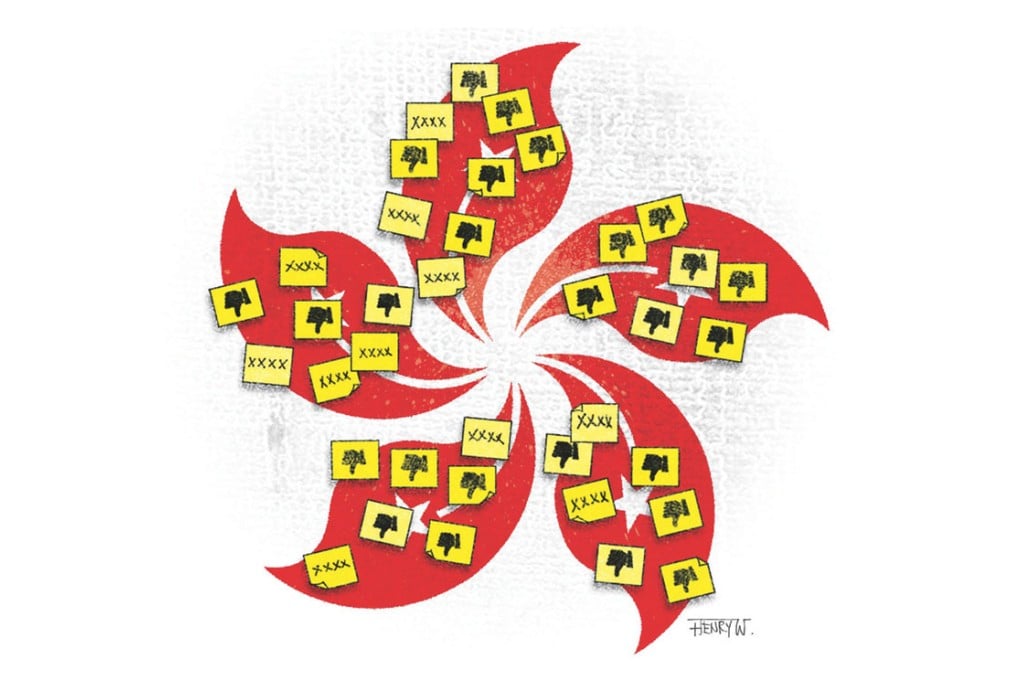At the end of the day, Hong Kong should get a better government
Paul Letters says while Hongkongers are unlikely to realise their wish for full democracy, they should be able to persuade Beijing to allow changes that would lead to a better government

Unbridled democracy isn't going to happen and wouldn't work anyway. What could work is something much closer to full democracy than we were ever likely to see before the protesters asserted their case.
China is not ready for democracy, the people of Hong Kong are. But be careful what you wish for: Beijing's fears are not unfounded. Should a public protest ever lead to Western-style democracy in Hong Kong, it would be a green light for rebellion across China. (Paradoxically, if we could rely on the Great Firewall to keep all news from Hong Kong out of China, we would have more chance of greater freedom here.)
Over on the mainland, it would be far from peaceful, and, in the unlikely (and bloody) event that pro-democracy forces overthrew the People's Republic, violent chaos would surely ensue. Separatist forces in Xinjiang , Tibet and Inner Mongolia would lead the charge to independence, which, if only it were to be an amicable and peaceful farewell, would be no bad thing.
However, the more likely reality is that as yet unquantified, pent-up Chinese nationalism would be unleashed; the crashing together of these forces could only result in violent conflict. China would win out and its newly installed nationalistic government would be feeling more confident and belligerent than its predecessors. Think of the consequences for the disputes in the East and South China seas, Taiwan included.
Whether you like to believe it or not, the civilian leadership in Beijing not only holds together a ragbag collection of peoples within China, it restrains the firepower of a hawkish military egged on by clamorous netizens.
Let's be clear, in terms of political freedom, the People's Republic is a model only for such morally bankrupt, power-craving cliques as we see in power in North Korea or Russia. However, a political revolution would undermine much of the gains made by the hundreds of millions in mainland China, for whom communist rule has brought great socio-economic benefits in recent decades. Whereas, if you think of Hong Kong's rampant inequality, inadequate housing and overflowing class sizes, it's clear democracy could only help social progress here. A democratic revolution that would benefit Hong Kong, but not the nation of which Hong Kong is a part, presents a dilemma which goes beyond worthy ideals.
Wandering among the students in Admiralty, one cannot fail to feel uplifted by the outpouring of peace, love and a desire for freedom. Perhaps most inspiring are the multi-coloured Post-it notes of hope stuck on the John Lennon "democracy wall". While admiring the wall, my five-year-old son asked what the protesters want. He already had a sense that "government" means "chiefs", so I explained the concept of "voting" to choose chiefs whom you want. When asked what he would like to write on the wall, he replied "We want a better government", and then he added "x x x x, James".